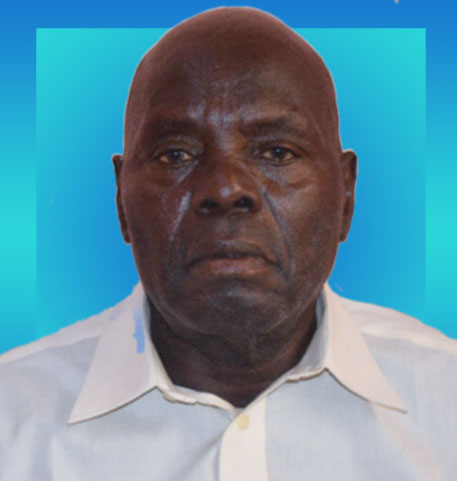By Joseph Akim Gordon
In the past, Juba Urban Water Corporation was responsible for the water sector in Juba; it built water infrastructure and provided water directly to consumers.
Its services started declining over the years because of poor provision of water services to consumers. The underground pipes were damaged, causing water leakages. As a result, the flow of water to residential areas was reduced and became irregular, and the generators or water pumps became problematic. The urban water corporation failed to replace the water pipes.
Because of this failure, the customers became reluctant to pay monthly water rates because of the deteriorating and irregular water supply. The private water companies took this opportunity to attract more consumers by selling drums of water at an affordable cost. So gradually, the Water Urban Corporation lost business.
This present water crisis could have been avoided if the urban water corporation had improved its structure, and that could have prevented the current water crisis.
The private water tanker association exploited this weakness and kept increasing the water rate unnecessarily. Because of the cries of the citizens, the cost of water was reduced from 1500 SSP to 800 SSP and 1000 SSP within Juba town and at the periphery of Juba, respectively, by the water tankers, who are all foreigners, Ethiopian and Eritrean.
The acting mayor decided alone to increase the water rate to 1,300 SSP, which was rejected by the consumers. Following this crisis, the minister of water resources and irrigation, the deputy governor of CES, the Juba urban water corporation, and the acting mayor met and confirmed that the cost of water should remain as the former mayor had decreed: around Juba town, 800 SSP per drum, and 1000 SSP outside Juba town. The meeting approved these rates.
But now the water tankers have ignored this directive, demanding 1300 SSP per drum contrary to the government directive.
The consumers are now in dilemma, the water tankers went on strike and stopped to supply water for some time, but some have resumed duty but charging 1,300 SSP per drum, if the consumer does not comply with the amount no water or the next day, they will not provide water to whoever refuges to pay them 1,300 SSP per drum. The govt.
should enforce its directive; now it is the consumers who are now victims of the water crisis, although taxes on water supply have stopped so that the water tankers should not be put at a disadvantage.
After 12 years of independence, we have not been able to improve the water system in the capital city of South Sudan, Juba, where foreign embassies are located. We have not developed a source of clean water, which is why we have many cases of water-borne diseases.
JICA, in good faith, wanted to improve the water system so residential areas or homes could be accessible to clean water that was piped right to individual homes. But COVID-19 delayed the implementation of the project, but now perhaps JICA has changed its plan so that water is distributed to many centres and the consumers will get the water-by-water tankers, keeping the water tankers in business. This might be an influence by highly placed individuals. It is to be noted that even though the water centre is only one hundred metres away, you pay the same amount to a resident area two miles away.
It would have been proper for Juba Urban Water Corporation to work with JICA to replace generators and the damaged water pumps; this could help homesteads have clean water delivered directly to their homes.
The government should develop a new mechanism to provide water directly to homes, where the Juba Urban Corporation will collect regular water rates from consumers. This will restore the credibility of the Juba Urban Water Corporation in supplying regular water to consumers.
The effort of JICA to provide water to Juba city is only beneficial to the water tankers. JICA’s support was meant to benefit the people of Juba city, but with the present arrangement, it is the water tankers who are the beneficiaries of the JICA project.
Water is life, and even with little food in the house, you cannot eat this food without water. We have large families in the extended family network, so in one house you have more than ten people in the house consuming two or more drums of water, so there is a need to take immediate action to avail clean water to the citizens. The earlier the mechanism to provide clean water to the population, the better.




